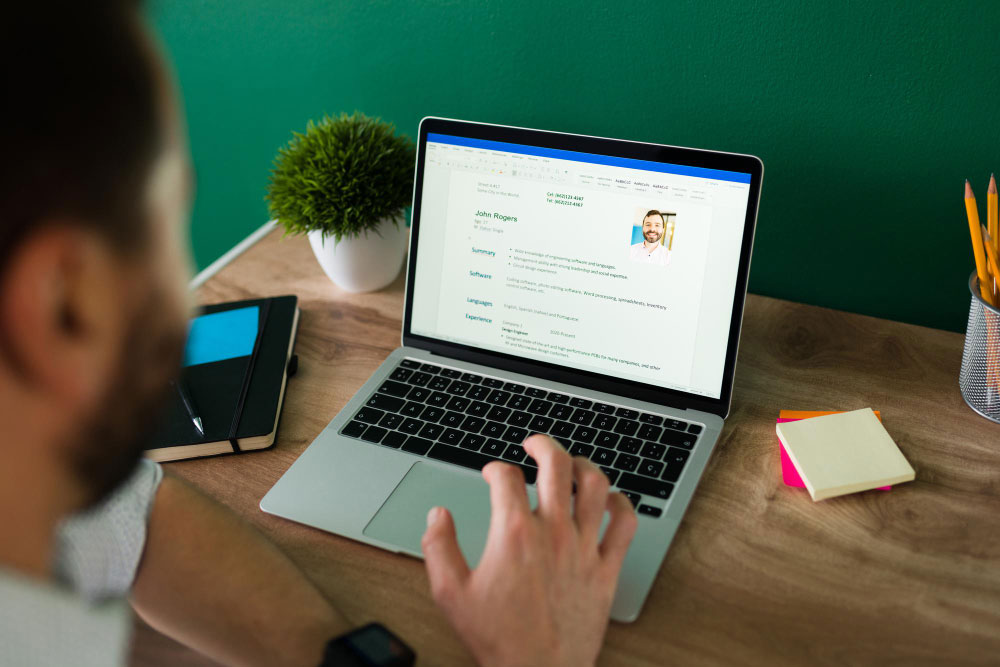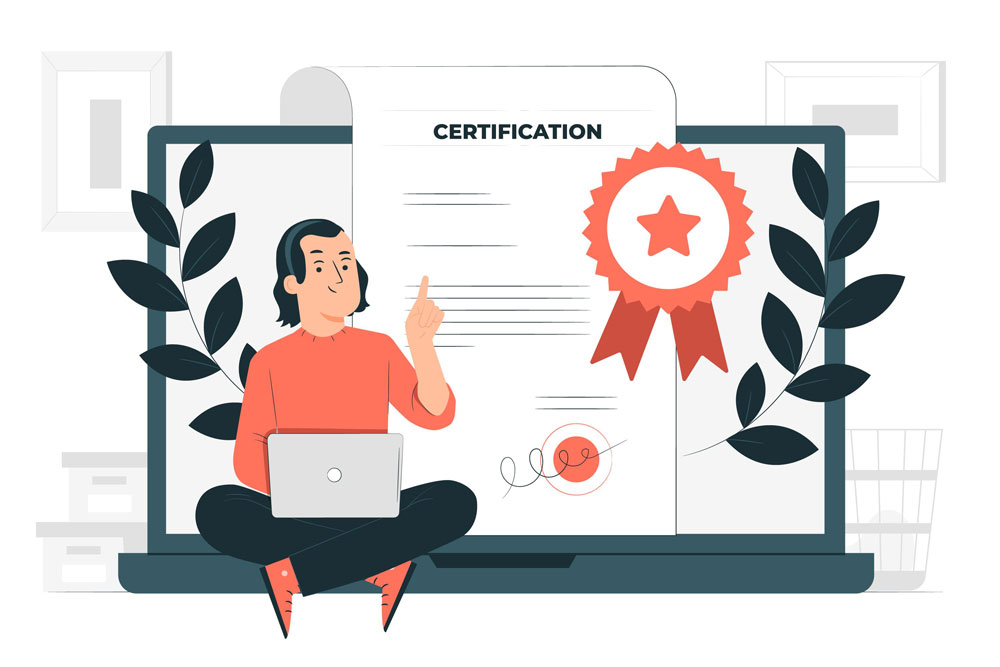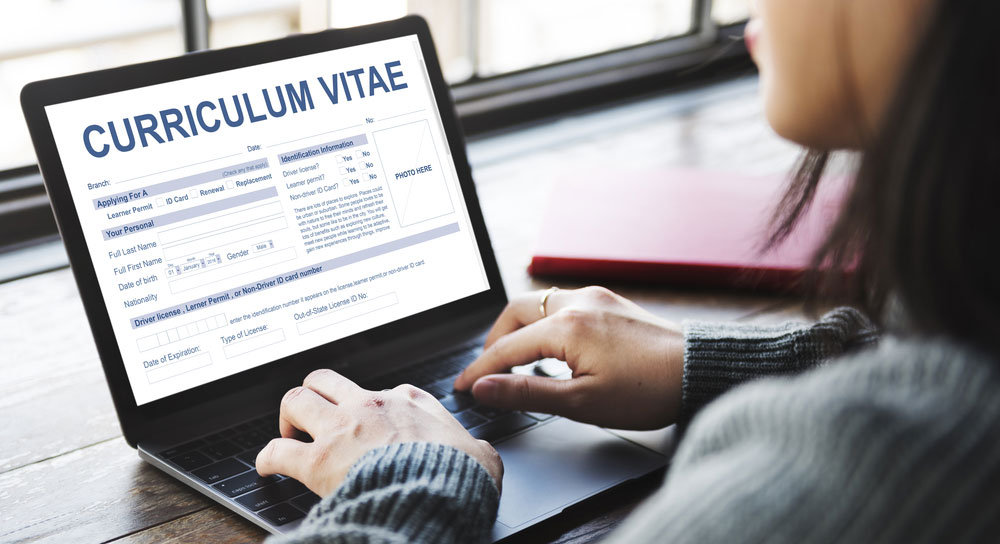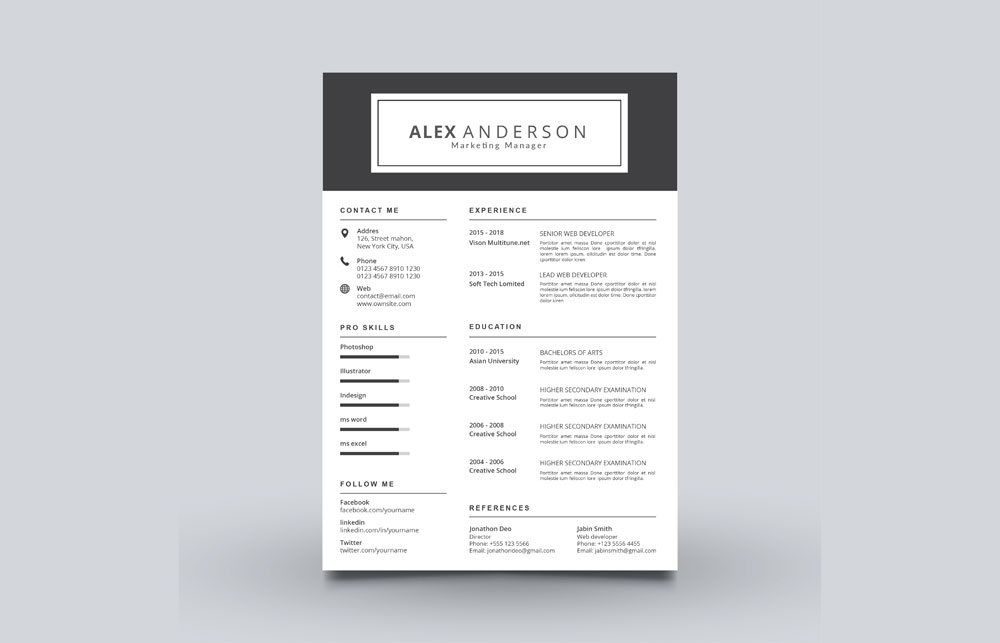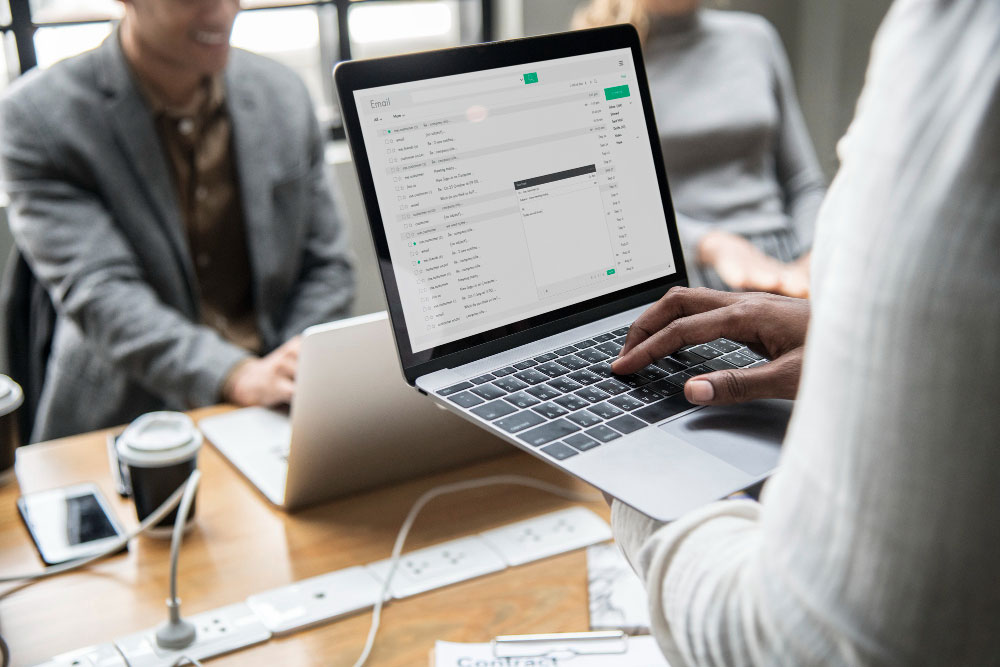Types of interview and How to Ace Them

Are you preparing for a job interview? If your answer is yes, before that, you need to understand what type of interview you are preparing for. During the interview, you will be asked numerous questions based on your expertise. The questions are designed to see your knowledge under pressure and field.
Here, we are going to discuss the following things:
- Meaning of the interview
- Different types of interviews
- Suggestions to ace those interviews
What is Interview?
If you are wondering what an interview is then, let us tell you that it is the initial step where one interacts with the employers after their CV is selected for the respective job profile. The interview is a formal meeting between the interviewer and interviewee. It is conducted to analyze the candidate’s knowledge, behavior, attitude, and skills. Interviewers ask different questions to check if the candidates are suitable for their respective job profiles.
Every organization has their own set of rules, which is based on the type of job and the recruitment process, as the organization can use various types of interview to find the perfect candidate. However, failing the job interview does not mean that you are not capable. Do not be upset about it, and prepare more for the next one by polishing your skills and updating your resume.
Here in this article, we will help you understand the interview types and the suggestions that will help you practice your best accordingly.
How Many Types Of Interviews Are There?
In today’s world there are numerous types of interviews to check the credibility and knowledge of the candidates. In most interview cases, you will get to know what type of interview you will indulge in. However, here are the top 16 interview types in the recruitment process –
1. Group Interviews

There are different types of interviews, and group interviews are among the most common ones. Group interviews are the kind of interview in which numerous interviewees participate. It is also called the applicant pool, which normally happens during campus placements.
In this type of interview, you will be evaluated based on your knowledge, and only a few of the candidates get selected. Such interviews normally occur when the organization needs to recruit multiple candidates for specific job profiles.
Suggestions To Prepare For Group Interviews
- When you are giving a group interview, it is crucial to stay alert throughout the session because listening to them will make you understand their point of view when it comes to group discussion. Besides, after you’ve entered the interview room, you should greet both the interviewers and candidates individually as it will create a good impression. It would break the ice for you and will help you remember everyone’s name.
- Listen more to what others are saying, and when you answer, make sure you involve everybody else in your answers. Apart from this, be confident with your body language. Body language plays a key role in this type of interview. You do not know the circumstances where you have to give your interview; it can just be a chair in the middle facing the panel. So, make sure that you are not drumming your fingers, and instead sit straight in a good posture.
- There is always a possibility that the person in the panel sitting at the end cannot hear you. So, even if you have to repeat your answer many times, stay patient and answer politely. Besides, there is a chance that you can be asked the same questions repeatedly, so do not lose your cool.
2. Telephonic Interviews

As the world has become more advanced, telephonic interviews have become a lot more common these days. Telephonic interviews are those interviews that are conducted to shortlist the candidates for face-to-face interviews. If the organization has several job vacancies in line, the company will conduct a telephonic interview in the first round. In this session, the employer will ask you basic questions such as your introduction, why you applied for the profile, years of experience, etc. If you get shortlisted based on these categories, you will be called for a face-to-face interview. Besides this, it is one of the most common types of interview, which is highly common among remote workers.
Suggestions To Prepare For Telephonic Interviews
- When you are on a telephonic interview, make sure that you avoid all the distractions. Find a good spot to sit down comfortably. However, do some research before the interview, as it is always helpful to know who you are talking to from personal and business perspectives.
- The interviewer will ask you multiple questions, and it is an opportunity for you to showcase your potential and tell them why they should hire you. Nonetheless, do not make the conversation dominating, and listen to what the interviewer has to say.
- One of the essential tips you must keep in mind is that you must slow down when the interviewer is speaking. However, once you start speaking, be thoughtful, and keep the answer short.
3. Face-To-Face Interviews

Before the internet was invented, it was one of the most common forms of interacting with employees. A face-to-face interview is one of the most common types of interview, where the employer/manager/someone from the HR department or any recruitment person meets with the candidate face-to-face. Generally, the interview takes place at the company premises, where the employer asks questions based on your education, experience, and skills. It is advantageous for the company as it helps in providing accurate screening of the candidate.
Also Read: Interview Questions for Freshers
Suggestions To Prepare For Face-To-Face Interviews
- In most cases, the first impression is the last. Therefore, it is vital to use your facial expression, body language, and hand gestures to communicate better with the interviewer. Interviewers will be looking out for your answers, so make sure you speak clearly without going off tangents.
- When you are in a face-to-face interview with the interviewer, you should ask questions. However, make sure that those questions are relevant. It will increase the chances of you getting selected.
- You should always ask the employer if there is any dress code for the interview. Even if there is not, do not wear something sloppy, and instead choose an outfit that looks clean, tidy, and smart.
4. Panel Interviews

The panel interview is one of the popular types of interviews, where you would be facing multiple interviewers. It includes interviewers of different departments, who they collectively decide regarding the job selection. It eliminates the chances of making a bad hire in the company. Nonetheless, each panel comes from a different set of experiences, beliefs, and thoughts, which is why it is considered one of the most difficult types of interviews. Hence, it is advised that you must go highly prepared for this one.
Suggestions To Prepare For Panel Interviews
- It is always best to bring enough for everyone in the panel. It not just includes the resume/cv but also your work samples and portfolio. Since you would not know what will happen during the interviews, it is also better to be on the safer side and bring an extra copy.
- Since, there would be multiple interviewers, it is essential for you to consider the point of each interviewer and represent your views accordingly.
- If you go for a panel interview, you must dress professionally because there is a group of experts who are going to evaluate your skills and knowledge.
5. Video Interviews

The Internet has made interactions easy from both personal and professional perspectives. These days talking to people across the globe has been highly accessible to most people. A video interview is one of the different types of interviews. It is beneficial for the remote candidates and employees to communicate with the organization by using video as a medium. It is continuously increasing in this modern world, where it eliminates the problem of geographic constraints. There are different interview softwares that can be available on both desktops, laptops, and mobile phones. It has become one of the common processes of job recruitment.
Suggestions To Prepare For Video Interviews
- When you are giving your interview virtually on video, make sure you are sitting in a quiet place. Notify the people living in your house that you will be interviewing for the job profile so they will not bother you during that particular time frame.
- Always log in 15-20 minutes in advance to ensure that your system is working properly. It will reduce the chance of any technological error.
- You need to ensure that your light source comes from behind the computer and also your background is not distracting. Apart from this, be polite, confident, smile, and maintain eye contact while they are speaking to you.
6. Stress Interviews

The stress interview is a process where the candidates are put under outrageous tension. The interviewer’s goal is to test your ability and capacity to think of your best potential and react accordingly during the pressurized time. It aims to see how a candidate will deal with a stressful work environment. Besides this, companies utilize different types of stress interviews based on their strategies.
Suggestions To Prepare For Stress Interviews
- No matter how difficult the question is, you must stay calm and respond to all the interview questions to succeed in it. Keep in mind that the interviewer wants to check your intellectuality and how well you are at handling stress.
- Be open and honest while answering the questions. Also, ensure that you do not permit the interviewer to frighten you emotionally. Always remember that, interviewers will put you in uncomfortable positions, but you don’t allow them to succeed.
- If you think that some particular questions lack essential information, you can state your point of view with the relevant facts. However, avoid arguing with the interviewer as it can escalate the situation.
Also Read: Reason for Job Change
7. Off-Site Interviews

Numerous companies build great revenues and clients but often lack space to conduct an interview. Off-Site Interviews is one of the various types of interviews that are highly informal. In off-site interviews, the manager may invite the candidate over their place for the interview. It is with the aim to evaluate interpersonal skills and table manners.
Suggestions To Prepare For Off-Site Interviews
- It is suggested that you ask for the exact location for the interview. You should always know who you are looking for and exchange phone numbers to communicate.
- The interviewer might make you comfortable by building an informal atmosphere. However, you have to act professionally throughout the interview process. Besides this, work on your table manners and body language.
- Do not get too much involved in eating or drinking; focus on the interview, and pay attention to what the interviewer says. Do not discuss any off-topic until and unless it is necessary.
8. Structured Interviews

Structured interview questions include fixed sets of questions, which are the same for all the candidates giving the interview. It can begin just like all the other traditional interviews. However, the questions depend on the specific expertise based on the candidates’ experience. It is beneficial to both recruiters and candidates as it eliminates the chances of errors.
Suggestions To Prepare For Structure Interviews
- You can always provide examples of a particular element to relate to your experience to keep it relevant. It will not just support your answer but will also make you stand out in the crowd.
- When you start talking, ensure that you stick to your point and do not waffle around. Besides this, keep your answer short and relevant.
- To answer correctly, you need to understand that you answer the question correctly. If you do not understand what they are asking you, you can ask them to clarify it.
9. Unstructured Interviews
An unstructured interview is a collection of data that depends on the questions collected on a specific topic to ask the candidates. It is also known as non-directive interviewing. However, it does have a pattern, but it is not arranged in advance like structured interviews. It is open-ended, which is highly used for research profiles.
Suggestions To Prepare For Unstructured Interviews
- Focus on the specific topic answers even though there are no questions prepared to ask. You can use a job description and gather the needed information before the interview.
- It is highly important to show your honest self to the interviewer. It will help the conversation keep going naturally, leading you to directions that you need to follow.
- You can also prepare for this interview by considering it as a behavioral interview. Besides this, you can also find out various scenarios from your previous work experience and highlight your strengths.
10. Case Interviews

A case interview is a type of job interview where you are asked a specific question, where you have to understand a case and come up with a solution. It is generally used in consulting firms and is considered one of the toughest job interviews. It lasts for around 30 to 35 minutes each, and firms can use approximately 6 cases, generally divided into two rounds.
Suggestions To Prepare For Case Interviews
- If you are giving a case interview, you need to understand the issue to come to a judgment. You can follow a five steps process while going through the case interview. Those fives steps are as follows:
- Understand the problem
- Identify the supposition
- Summarize the fundamental concerns
- Present your suggestions/recommendations
- Move to the next step for the impact/results
- You must develop a relevant framework to support your statement. So, just take time to analyze the issue.
- Ask questions from the interviewer if you are not getting the points. It will show that you are trying to comprehend the case on your own to come up with a conclusion.
11. Competency-Based Interviews

A competency-based interview is a professional interview process used to evaluate the candidates’ previous work experience to understand how they handled tasks and challenges. It enables the employer to comprehend the skills of the candidate.
Suggestions To Prepare For Competency-Based Interviews
- You must research which competencies the organization wants in the candidates by reading the job description. Take your time to go through it and write down the essential keywords while answering the interview questions.
- Use the STAR procedure to structure your answer. It will ensure that you mention all the needed points that the interviewers are looking for. You will be able to mention the associated story with a relevant example.
- Preparation is one of the key elements, but it is also important to be yourself and answer each question honestly.
12. Traditional Interviews

Traditional interviews are typical interviews where interviewers ask questions from candidates to check if their behavior and knowledge are the perfect fit for the organization. Some of the most common questions they ask during the interview are: tell me about yourself? Why do you want to work with us? Mention two of your strengths and weaknesses, etc.
Suggestions To Prepare For Traditional Interviews
- The first and foremost thing to keep in mind is to practice some of the most common questions that interviewers can ask you. Those questions include: How did you hear about the job profile? How many years of experience do you have? Tell us about yourself? What are the biggest projects you have worked on? What have you learnt from your experience so far?
- You can also reach out to other people working in the organization to learn about the company. You can also visit the company’s social media pages to get more information about the company and its culture.
- Be confident while you talk to the employer, and look after your body language. Besides, make a list of the things you need to carry with you: copies of your resume, work samples, notepad, pen, and portfolio.
13. Puzzle Interviews

Puzzle interviews are one of the various types of interviews taken by HR managers, where they ask critical thinking questions to check their problem-solving ability. These types of interviews are used to determine their potential to evaluate if they are the perfect fit for the company.
Suggestions To Prepare For Puzzle Interviews
- Before answering the questions, think about the problem. Once you determine the questions, put them under the respective category. Once you understand it, attempt to solve it by applying your problem-solving strategies.
- As you try to understand the problem and find difficulty understanding some parts, you can ask your doubts. Asking your doubts will also mean asking for clarification to complete your task. They might get impressed with your initiative to understand the problem.
- Even if you are out of knowledge, use what you know. It can be any kind of puzzle, logical, mathematical, and more. You should also explain your reasoning as you explain your answer to the interviewer.
14. Lunch Interviews

A lunch interview is a common procedure when an employer asks the candidate to discuss the job interview at lunch. These kinds of interviews generally take place in cafes, restaurants, etc. It is an informal interview that gives the recruiter a chance to understand the candidate at their best and see if their mindset and skills are beneficial for the company.
Suggestions To Prepare For Lunch Interviews
- Even if it is a casual meeting, you should dress professionally. Your first impression will have a lasting impression on the interviewer. Hence, you should try to create a great impact on them. Also, do not forget to arrive early at the meeting spot.
- One of the most important reasons the interviewer asked you to meet for lunch is to evaluate your table manners. Some professions require highly strict table manners. So, do your research, and then appear for the interview.
- Remember that you are also getting a chance to know better about the job profile. So, feel free to ask relevant questions regarding the company and respective field.
15. Behavioral-Based Interviews

A behavioral interview is one of the famous techniques to understand the candidate’s behavior. It is a structured interviewing process formed on research that the past behavior of a candidate will predict their future behavior. The goal is to check if the candidate meets the job requirement based on their previous job experience.
Suggestions To Prepare For Behavioral-Based Interviews
- It is important to read the job description before appearing for the job interview. You should also list the top qualifications and skills that the company calls for. Based on that, you can create a relevant story where you can relate your achievements and experiences.
- You can incorporate the STAR method to answer this type of interview questions. It is one of the best techniques to help you structure your response and answer the questions deliberately.
- You must review the major projects you have worked on and be honest with your answers. However, one thing to keep in mind is that you must keep your answers under two minutes.
16. Situational Interviews

Situational interviews are similar to behavioral interview questions, where interviewers ask questions from the candidate regarding how they would handle a certain situation. It is a hypothetical interview process where candidates are asked to assess a situation and offer eminent solutions in simple language. Generally, it includes workspace-related problems, where you will be anticipated to respond to the situation.
Suggestions To Prepare For Situational Interviews
- Before giving any situational interview, you must search about the company, its product, and its services. A basic simple research can help you prepare for this big day, where you can give relevant answers to a situation.
- Follow STAR format to answer the questions. S is the situation, T is the task, A is the action, and R is the result. It is highly essential to understand the situation first before offering solutions. Put more emphasis on action and result.
- Always be prepared to represent solid stories with in-depth details. You must strategize by practicing answering common questions.
Also Read: Strengths and Weaknesses
Wrapping Up!
These are some of the most common types of interviews that organizations and companies conduct to evaluate the knowledge and skills of the candidate to see if they can fulfill the requirements of the company.
So, we would suggest you to go through these interview types before appearing for one, then learn and practice how to give them in the best manner possible.
We hope this article helps you to crack whichever interview you go for next!
Search Articles
Categories
- 55
- 19
- 7
- 171






